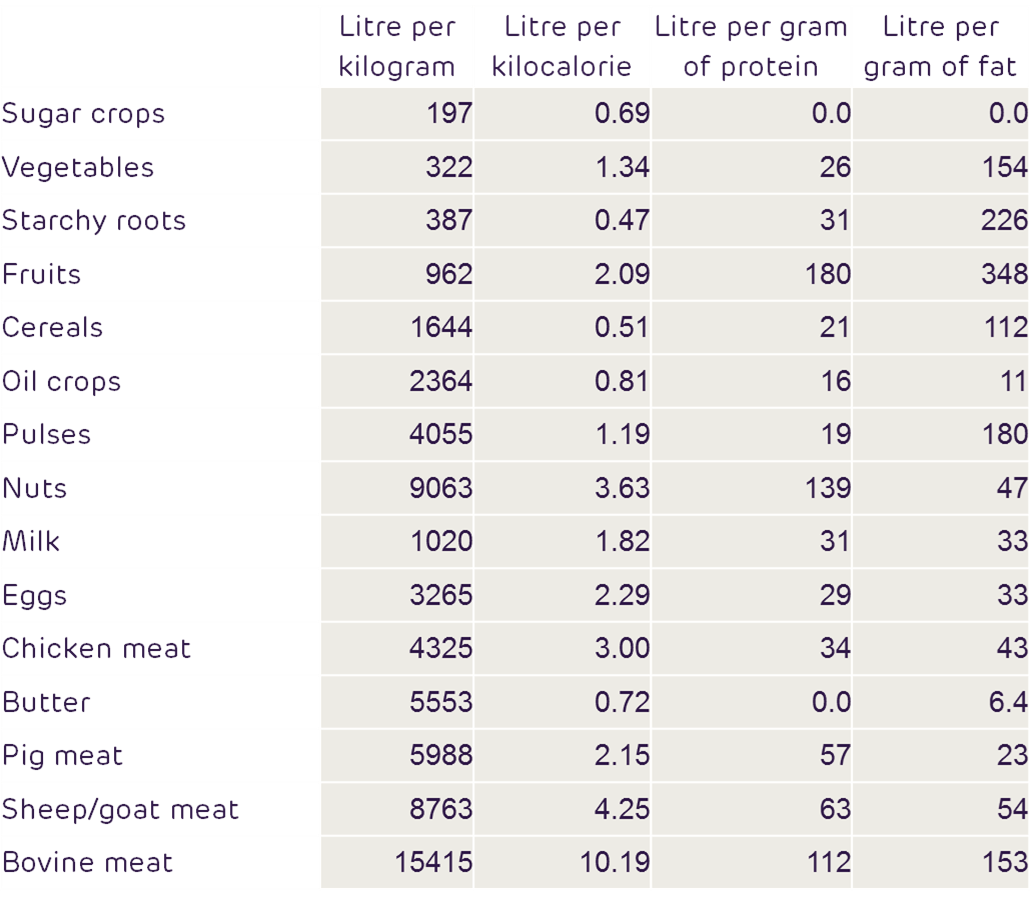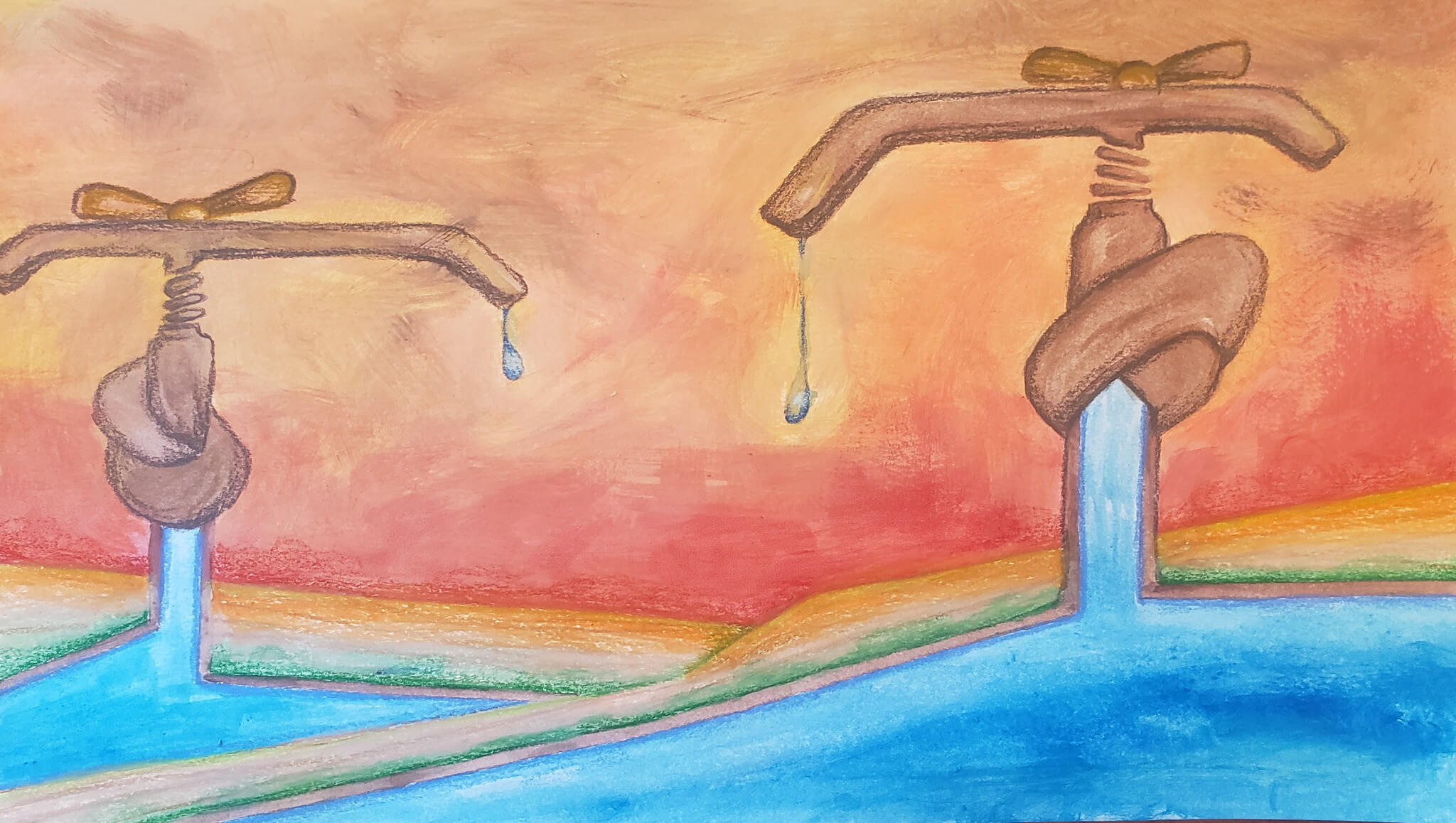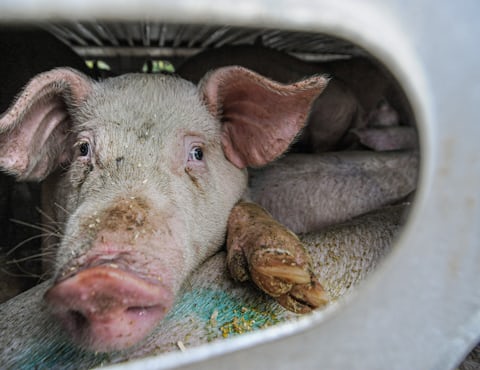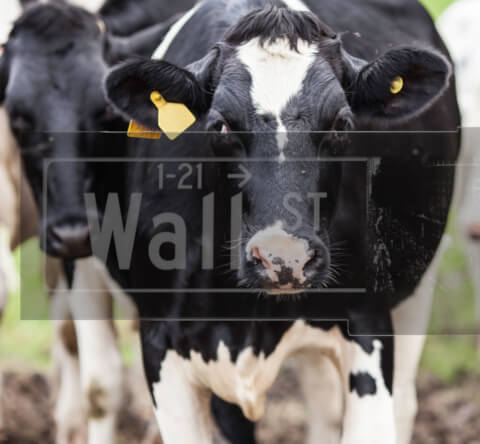Strengthening our motivation: Water shortage
Vegan Society of Canada News
November 12th 2018
While it may seems that there is an endless supply of cheap fresh water, this is not the case. Recent research reports indicate that
Around 1.2 billion people, or almost one-fifth of the world’s population, live in areas of scarcity. Another 1.6 billion people, or almost one quarter of the world’s population, face economic water shortage.
Two thirds of the world’s population currently live in areas that experience water scarcity for at least one month a year.
By 2025, 1.8 billion people are expected to be living in countries or regions with absolute water scarcity, and two-thirds of the world population could be under water stress conditions.
Nearly half the global population are already living in potential waterscarce areas at least one month per year and this could increase to some 4.8–5.7 billion in 2050.
While estimate of the total direct and indirect agricultural water consumption varies from 74% to 92% it is estimated that about 29% of that is for animal agriculture. Below is the direct water usage over time per sector.
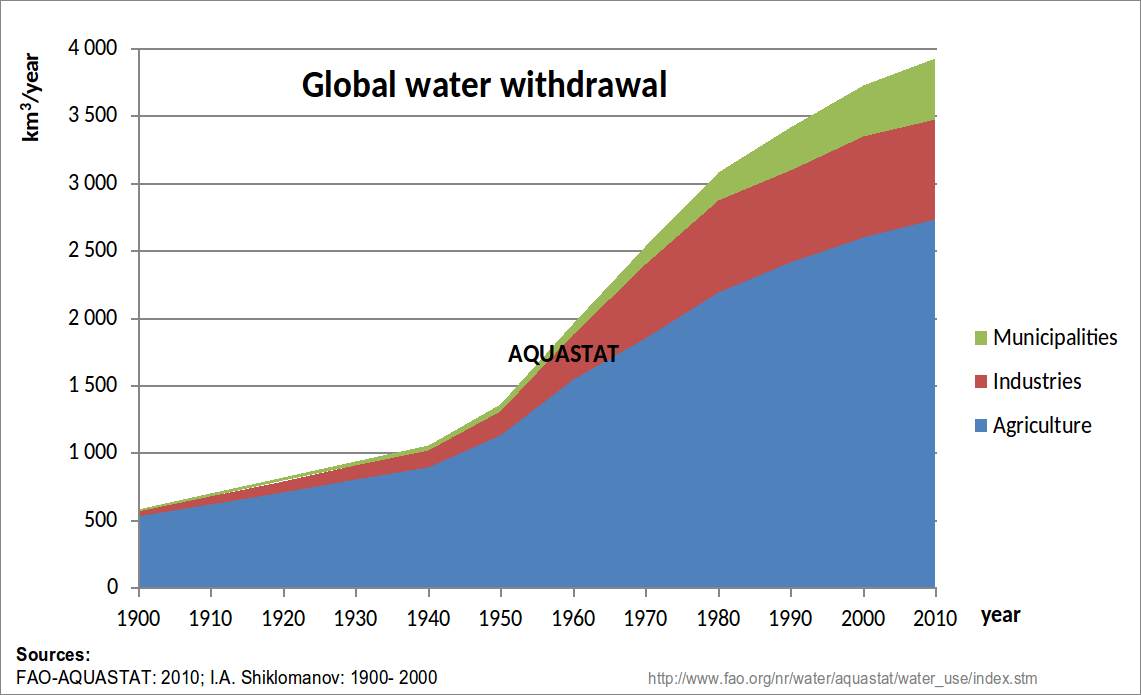
In addition, different agricultural products have a very different water requirement as can be seen in the table below.
Unfortunately, many of the water saving initiatives are focusing on the smallest use of water like municipalities including households. The average household consumes about 190,000 liters of water per year. With various water saving measures like low-flow shower heads, low flush toilets, shorter showers, efficient appliances and aerators, about 35% of that can be saved or 66,500 liters of water per year per household. Producing 1 kg of beef takes about 15,415 liters. All the water saving measures costing us millions of dollars per year, amount to an equivalent reduction of about 4.3 kg of beef per household per year.
While some of the solutions to this serious water shortage crisis are complex in nature and require the intervention of various stakeholders, to make a significant impact there is one change that requires only our own commitment. Want to help end fresh water shortage, health problems, climate change, antibiotic resistance, global acidification, eutrophication, countless lives and many more without the need to wait for government, corporations or technological innovation? Do not delay any longer, go vegan today. Join one of our local communities in your area or contact us for help on how to get started.
Sources
Web content: https://waterfootprint.org/en/water-footprint/product-water-footprint/water-footprint-crop-and-animal-products/
Web content: http://www.fao.org/nr/water/aquastat/water_use/index.stm
Web content: http://www.fao.org/nr/water/aquastat/main/index.stm
Web content: http://www.unwater.org/water-facts/water-food-and-energy/
Web content: http://www.unwater.org/water-facts/scarcity/
Web content: https://www.sciencedirect.com/science/article/pii/S2212371713000024#bib25
